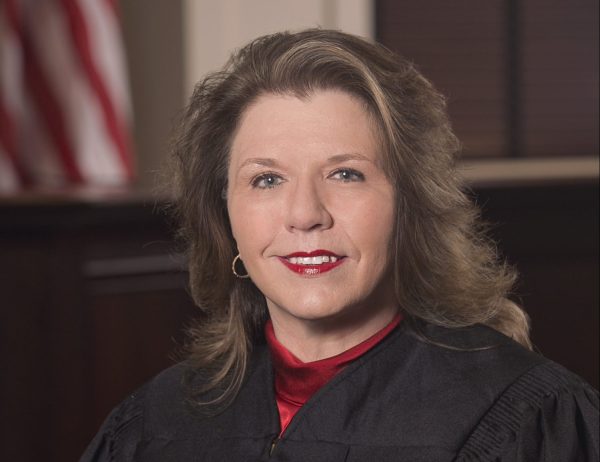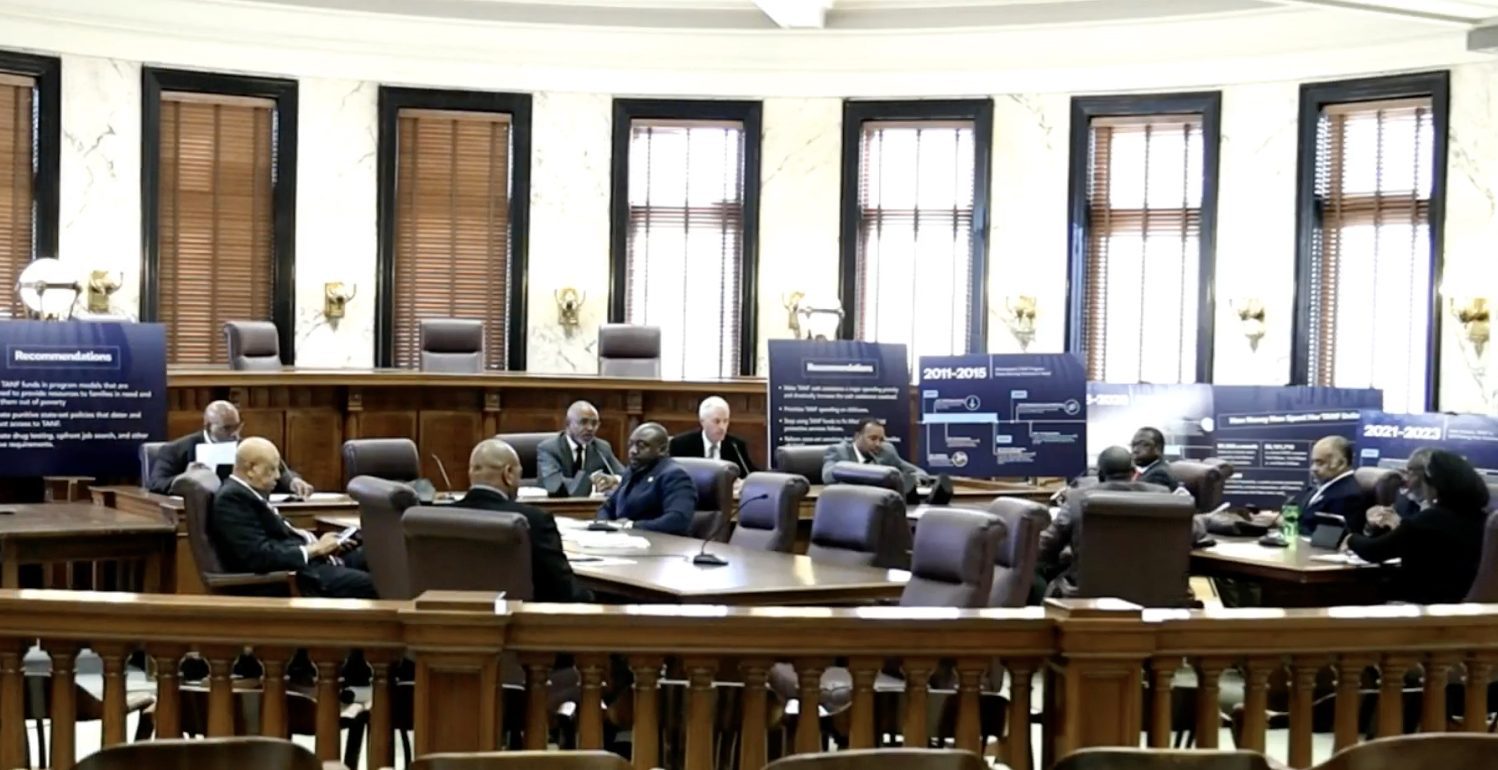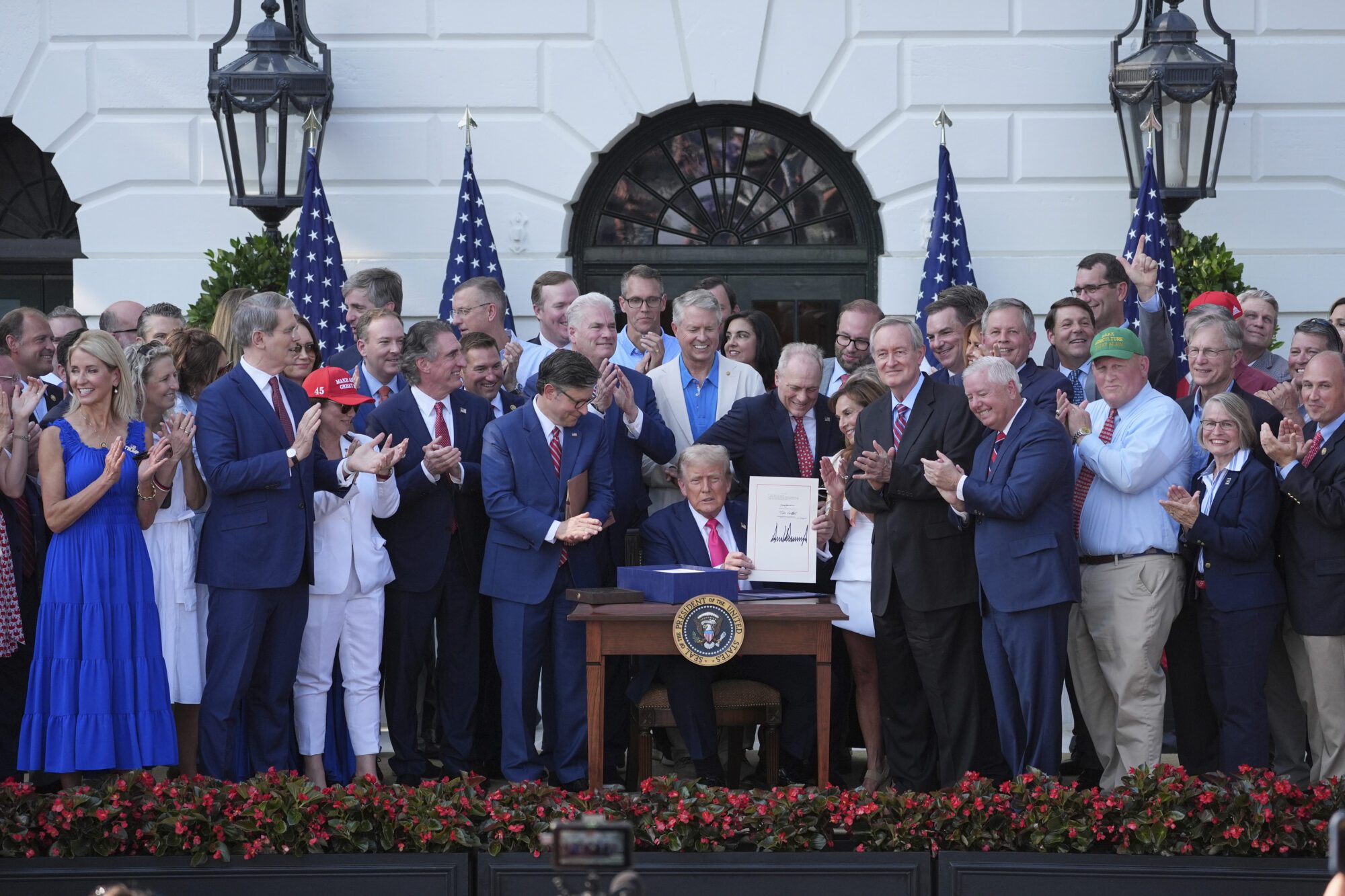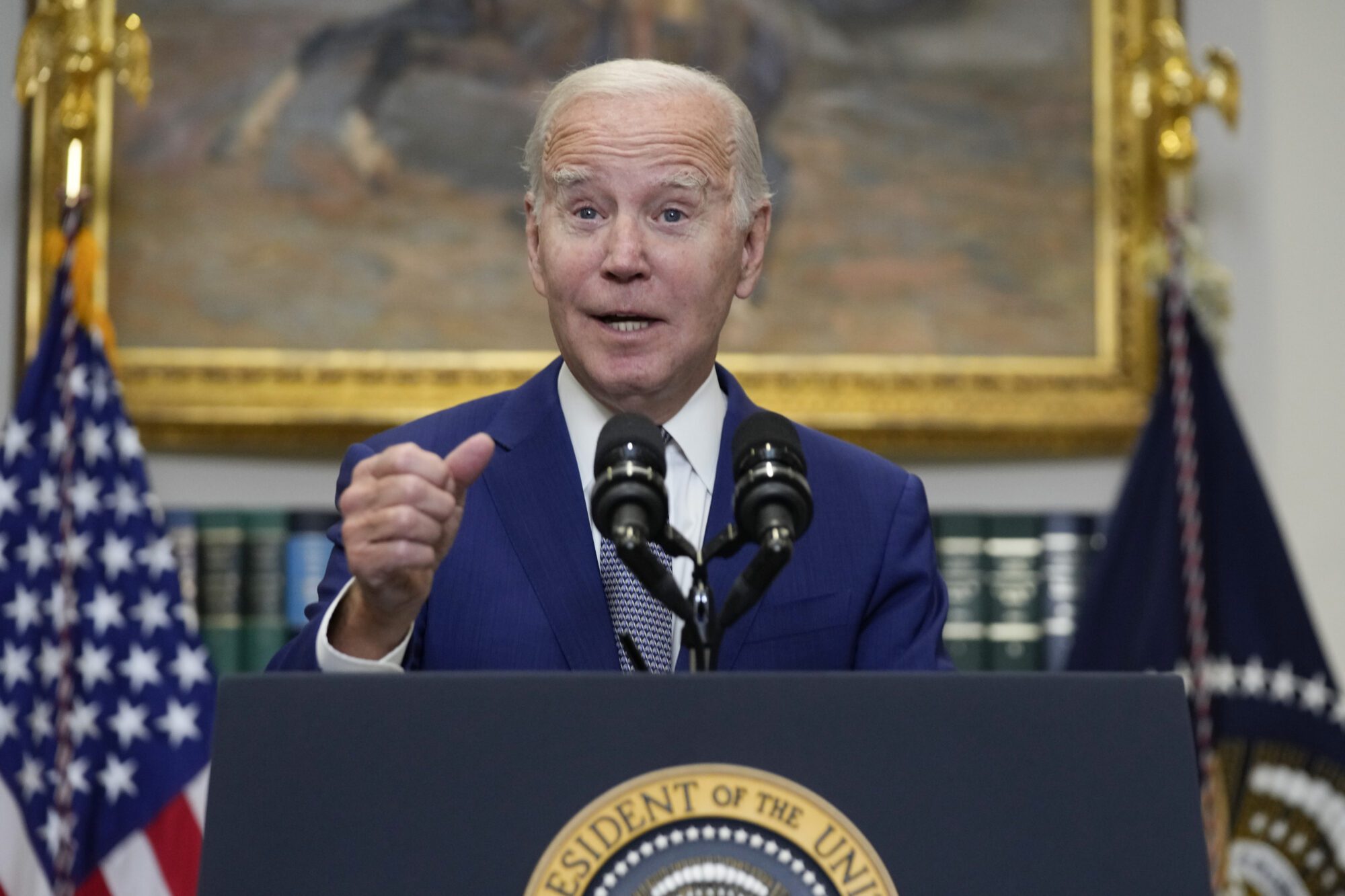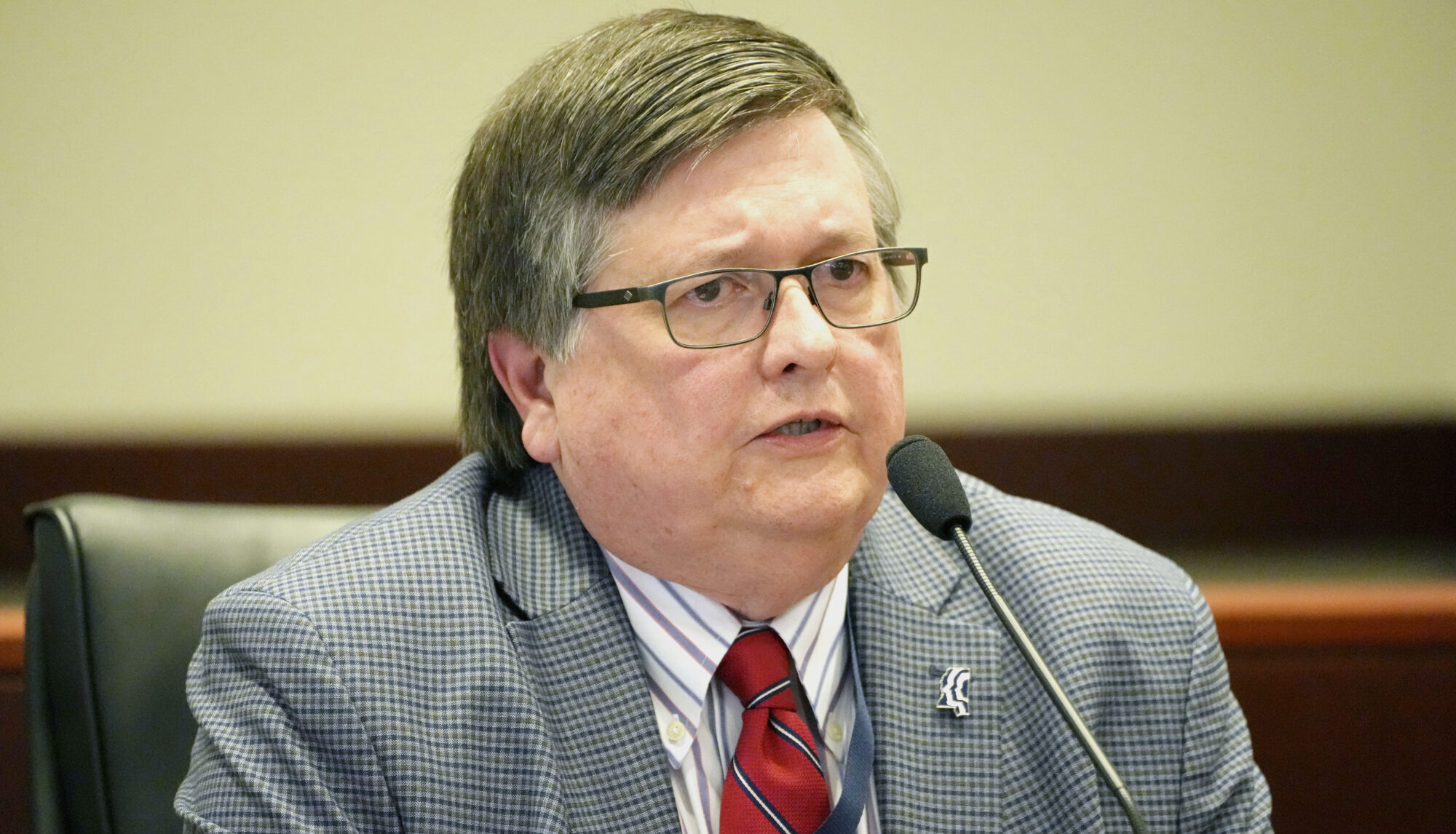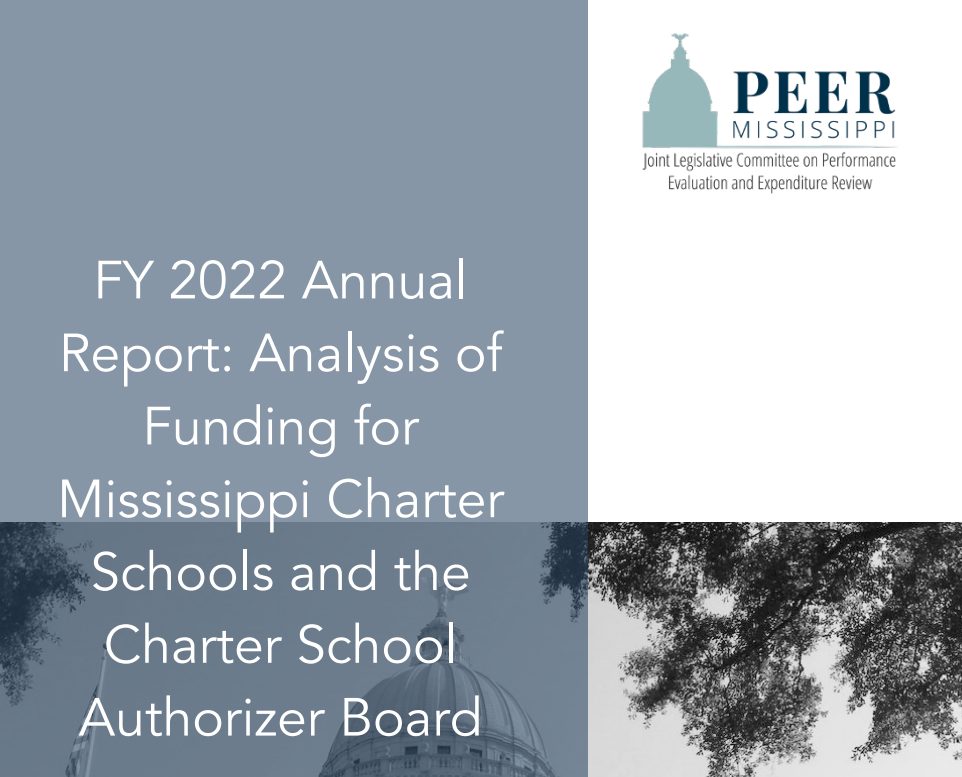
There were 7 charter schools for the 2021-2022 school year, serving 2,686 students.
The Legislative PEER committee released an analysis of funding for Mississippi Charter Schools and the Charter School Authorizer Board (MCSAB).
Through the analysis, lawmakers found that funding sources for FY2022, which included state, local, federal and others, were sufficient for the state’s current charter schools.
However, they did find that the local ad valorem pro rata calculation, which is required by state law, still provides for unequal shares between charter schools and school districts.
The report found that the MCSAB receives 3 percent of annual state and local per pupil revenues from charter schools. In FY 2022, MCSAB expended $320,454 on its operations. FY 2022 was the fourth year the statutory formula generated sufficient funding to support MCSAB’s activities.
PEER review several consecutive years of financial data and determined that MCSAB had reached financial stability, while operating on less than 3 percent of charter school revenues.
The Mississippi Charter Schools Act of 2013 as passed by the Mississippi Legislature repealed the Conversion Charter School Act of 2010. It provided authorization for a charter school oversight board and guidance for the formation of charter schools in Mississippi.
MCSAB is operating under a no-cost extension of its federal Charter School Program (CSP) grant with a term end date of September 30, 2023.
The MCSAB is made up of seven appointed members and is the sole authorizing body for charter schools in the state. As of October, they employed two staff members.
There were seven charter schools for the 2021-2022 school year, five of which are located in Jackson, one in Clarksdale and one in Greenwood. In total, they served 2,686 students.
Charter schools are assessed annually based on performance. This assessment measures students’ knowledge, skills and academic growth in third through eighth grades in English language arts, math, and science.
Each of the seven schools received mixed MAAP results compared to their home districts. In all three academic areas, a higher percentage of students statewide scored proficient or advanced in comparison to their home district.
According to the review, six out of the seven schools received accountability grades. The highest was a B, which was awarded to Joel E. Smillow Collegiate in Jackson. They were also the only Jackson charter school to receive a higher grade than its home district.
- For FY 2022, the seven operating charter schools received local support payments from ad valorem taxes in a manner consistent with state law. However, the local ad valorem pro rata calculation required by the statute provides unequal shares between charter schools and school districts.
- Federal funds received by the Mississippi Department of Education (MDE) are distributed to each public school district and charter school based on the school’s ability to meet federal program requirements. In FY 2022, the charter schools that were operating that year received federal grant funds totaling $11,818,985.
- In FY 2022, the seven operating charter schools received between $3.1 million and $7.4 million from MAEP funding, local ad valorem taxes, federal funds, and other sources. Six of the seven charter schools operating in Mississippi received revenues in FY 2022 that were sufficient to cover their expenditures that year.
- The Mississippi Charter School Authorizer Board (MCSAB) receives 3% of annual per-pupil allocations received by charter schools from state and local sources. FY 2022 was the fourth year this statutory formula generated sufficient funding to support MCSAB’s activities. In FY 2022, MCSAB did not collect all of the 3% fees it was owed from one charter school because it was the first year in which a school district lacked sufficient January MAEP revenue to provide its pro rata share of funds to a charter school.
- Because the U.S. Department of Education has granted both Mississippi First and MCSAB authority to provide Charter School Program subgrants to SR1 and Revive Prep for FY 2023, the roles and responsibilities of Mississippi First and MCSAB are presently ambiguous.
PEER says the Legislature should consider removing the 3% funding MCSAB receives from charter schools’ state and local revenue sources. The Legislature should also consider annually funding MCSAB from any funds available to the Legislature.
If the Legislature chooses to keep the 3% funding model, PEER notes, it should consider allowing MCSAB to receive up to 3% of annual per pupil allocations received by a charter school from state and local funds for each charter school it authorizes.
You can read the full report from PEER on the state’s charter schools here.




